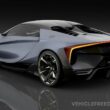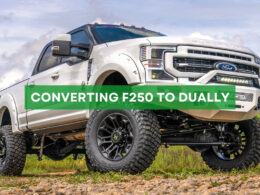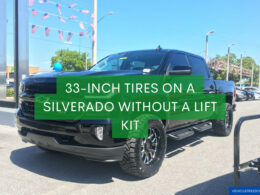In This Article Show
The allure of mid-size trucks is undeniable. They balance daily usability and the rugged versatility we often associate with their full-sized counterparts. As someone with over 13 years of mechanical experience and compared hundreds of cars like the Hyundai vs. Honda cars comparison, I’ve witnessed this category’s rise firsthand and seen it evolve to cater to the varied demands of today’s drivers.
Among the standout models in this segment are the Honda Ridgeline and the Ford Maverick, two vehicles that represent the pinnacle of innovation and functionality in the mid-size truck realm.
While sharing the same segment, these two contenders come with their unique histories, features, and fan bases. In this post, we will delve deep into the world of Ridgeline and Maverick, exploring their similarities and differences, and ultimately, guiding you to make an informed decision.
Whether you’re a long-time truck enthusiast or someone venturing into this segment for the first time, this comparison promises engaging and informative insights.
Brief Overview of Honda Ridgeline & Ford Maverick
Honda Ridgeline
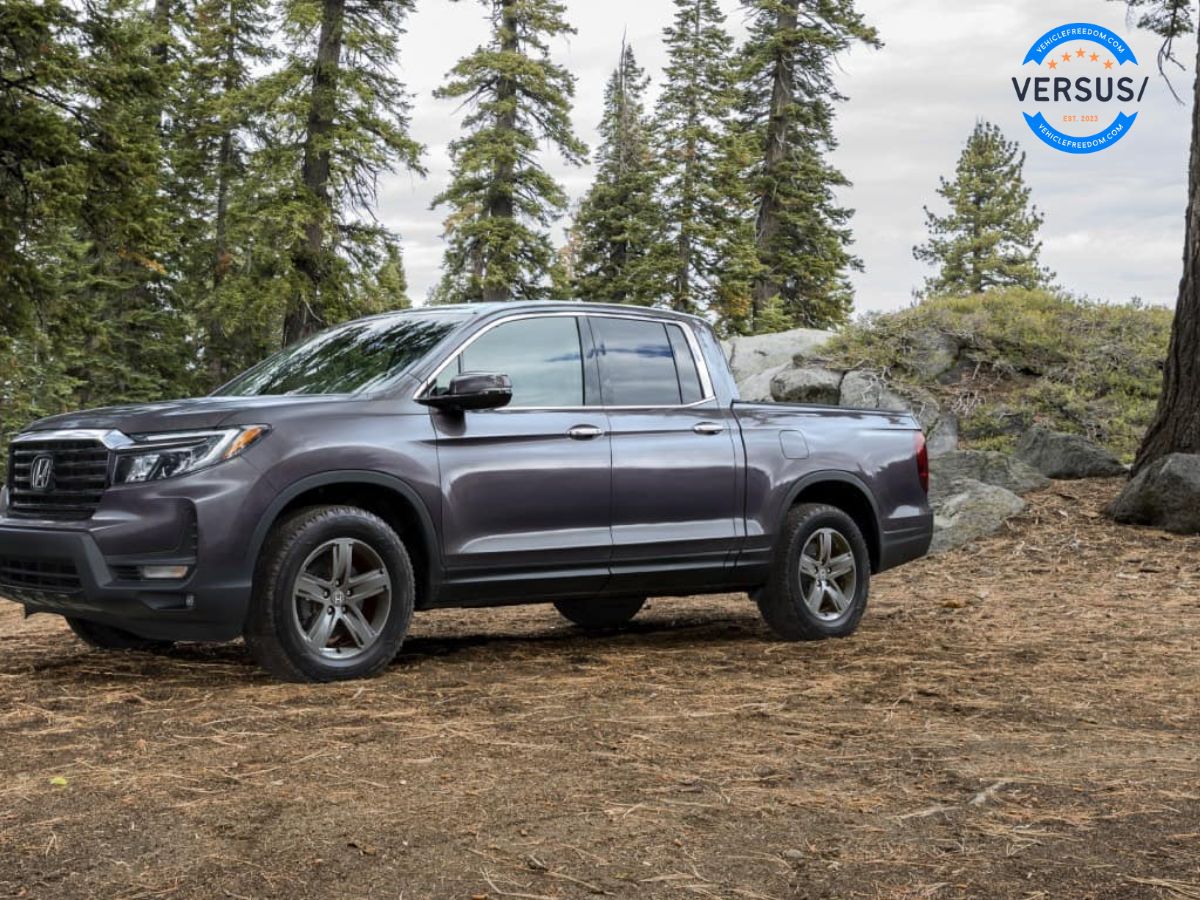
The Honda Ridgeline made its debut in 2005, representing Honda’s innovative approach to the truck market. Unlike most traditional trucks which are built on body-on-frame platforms, the Ridgeline adopted a unibody design.
While unconventional for a truck, this choice offered benefits in terms of ride comfort, handling, and interior space, effectively blurring the lines between an SUV and a truck.
Over the years, the Ridgeline has been celebrated for its unique in-bed trunk, dual-action tailgate, and well-appointed interior. It embodies Honda’s commitment to engineering and out-of-the-box thinking.
Ford Maverick
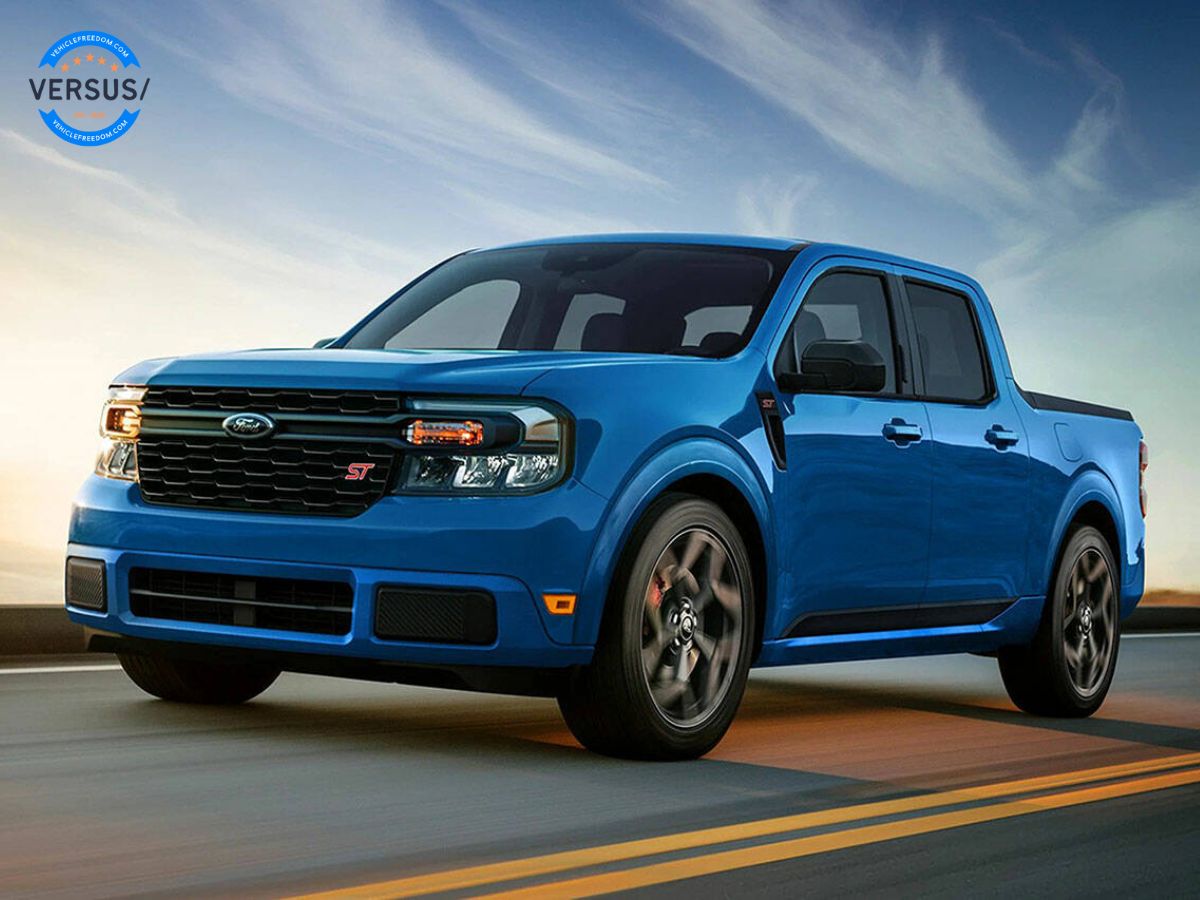
Ford’s Maverick is a newer entrant, marking the brand’s reentry into the compact truck segment. Introduced in 2021, the Maverick is designed for those seeking truck capabilities without the heft and size of full-sized models.
Built on a unibody platform akin to the Ford Escape and Bronco Sport, the Maverick brings versatility to urban environments and is celebrated for its hybrid powertrain option, which is a rarity in the truck world. Ford envisioned the Maverick as a truck for those who didn’t know they wanted a truck – practical, efficient, yet rugged when needed.
The Ridgeline and Maverick challenge traditional truck norms, offering features and designs catering to modern drivers who seek versatility without compromise. Their unique histories and design philosophies set the stage for an engaging comparison.
Similarities Between Honda Ridgeline & Ford Maverick
Despite hailing from different brands and having distinct histories, the Honda Ridgeline and Ford Maverick share several similarities, reflective of evolving trends and demands in the mid-size truck segment. Here are the key parallels between the two:
1. Unibody Construction
One of the standout features they share is their unibody construction. Unlike traditional trucks with body-on-frame designs, both Ridgeline and Maverick utilize a unibody platform. This results in a smoother ride quality, better handling, and an SUV-like driving experience.
2. Urban-Friendly Design
Both trucks are designed with urban environments in mind. Their compact dimensions make them easy to maneuver in tight city streets, park in standard-sized parking spaces, and navigate through bustling urban landscapes.
3. Versatile Bed Features
The Ridgeline boasts a unique in-bed trunk and a dual-action tailgate, while the Maverick offers a flexible bed with Ford’s FLEXBED™ system, allowing users to customize storage and utility to their needs. Both trucks emphasize functionality and versatility in their bed designs.
4. Modern Tech and Safety Features
Keeping pace with modern demands, both vehicles come equipped with advanced tech features, including touchscreen infotainment systems, smartphone integration, and a suite of active safety technologies. Features like adaptive cruise control, lane-keeping assist, and automatic emergency braking can be found in both models.
5. Focus on Fuel Efficiency
While trucks historically weren’t known for fuel efficiency, the Ridgeline and Maverick challenge this notion. The Maverick, in particular, with its hybrid powertrain option, and the Ridgeline, with its refined V6, aim to deliver performance without being overly thirsty at the pump.
These commonalities highlight the evolving nature of the mid-size truck market, where the boundaries between SUVs and trucks blur, catering to a broader range of consumers seeking the best of both worlds.
Differences Between Honda Ridgeline & Ford Maverick
While the Honda Ridgeline and Ford Maverick share several similarities, they also possess distinct differences that set them apart. These differences, drawn from my 13 years of experience observing and working on vehicles, can be instrumental in guiding potential buyers to the right choice for their needs.
1. Size and Dimensions
The Honda Ridgeline is larger in terms of overall length, width, and height. This means slightly more interior space and a longer bed. On the other hand, the more compact dimensions of the Ford Maverick can be advantageous in ultra-tight urban spaces.
2. Powertrain Options
The Ridgeline comes equipped with a V6 engine offering a balanced mix of power and efficiency. In contrast, the Maverick offers more variety, starting with an efficient hybrid powertrain and an optional EcoBoost engine, catering to both fuel-conscious buyers and those seeking a bit more pep.
3. Towing and Payload Capacities
Historically, the Ridgeline has boasted a respectable towing capacity suited for most casual users. The Maverick, especially when equipped with the EcoBoost engine, offers competitive towing capabilities, often punching above its weight class for a compact truck.
4. Price Point
The Ford Maverick starts at a lower price point, making it an enticing option for those on a tighter budget or entering the truck market for the first time. With its more established history and brand reputation in the truck segment, the Honda Ridgeline typically comes with a higher base price.
5. Brand Legacy and Reputation
Honda’s Ridgeline, being in the market for a longer time, has established a reputation for reliability and innovation, especially with its unique bed features. As a newer entrant, the Maverick carries Ford’s legacy of truck excellence but is still building its own story in the compact truck segment.
6. Design Aesthetics
Visually, the two trucks have different design philosophies. The Ridgeline often leans towards a more refined, crossover-esque appearance, while the Maverick embraces a rugged yet modern design, reminiscent of Ford’s broader truck lineup.
In summary 🚙
While both vehicles cater to the mid-size truck audience, their differences underscore the varied approaches Honda and Ford have taken to satisfy today’s consumers’ diverse needs and preferences.
Pros & Cons
Delving deeper into the features, performance, and characteristics of the Honda Ridgeline and Ford Maverick allows us to identify the inherent advantages and potential drawbacks of each. Here are the pros and cons of each vehicle:
Honda Ridgeline

Pros ✅
- Refined Ride: Thanks to its unibody construction and advanced suspension setup, the Ridgeline offers a smooth and comfortable ride, rivaling many SUVs in its class.
- Spacious Interior: With its larger dimensions, the Ridgeline provides ample space for passengers and cargo, ensuring comfort on short and long journeys.
- Innovative Bed Features: The unique in-bed trunk and dual-action tailgate set the Ridgeline apart, adding significant versatility and storage options not commonly found in trucks.
- Reliability: Being a Honda, the Ridgeline benefits from the brand’s renowned reputation for building durable and long-lasting vehicles.
- Advanced Safety Features: With the Honda Sensing suite of safety technologies, drivers and passengers can feel more secure on the road.
Cons ❌
- Higher Price Point: Compared to newer entrants like the Maverick, the Ridgeline’s starting price can be on the higher side for some budgets.
- Limited Powertrain Options: Unlike some competitors, the Ridgeline doesn’t offer multiple engine or hybrid choices.
- Styling: Some users might find the Ridgeline’s design less ‘truck-like’ compared to more traditional models, potentially impacting its appeal.
Ford Maverick

Pros ✅
- Diverse Powertrain Options: The Maverick stands out with its standard hybrid engine, providing excellent fuel efficiency. Additionally, there’s the option of the EcoBoost engine for those seeking more power.
- Competitive Pricing: As a newer model aiming to attract a broad audience, the Maverick boasts an attractive starting price, making it accessible for many.
- Modern Tech Integration: Equipped with the latest Ford SYNC system, the Maverick offers seamless connectivity and an array of tech features.
- Compact Yet Rugged: The Maverick’s modern and rugged design caters to urban users without alienating traditional truck enthusiasts.
- Customizability: The Maverick’s FLEXBED™ system allows owners to tailor the truck bed to their specific needs.
Cons ❌
- Newer Model: Being a newer entrant to the market, the Maverick hasn’t had as much time to establish its long-term reliability reputation compared to more seasoned models like the Ridgeline.
- Space Constraints: While designed efficiently, the Maverick’s interior and bed space might be slightly limited when compared to larger mid-sized trucks.
- Towing Limitations: The Maverick’s towing capabilities can be lower with the hybrid engine. Those looking for higher capacities might need to opt for the EcoBoost variant.
Making A Pick: Which One Is Right For You?
Selecting between the Honda Ridgeline and the Ford Maverick ultimately boils down to individual preferences, needs, and budget constraints. Both vehicles have their unique selling points, and neither is a one-size-fits-all solution. Here’s a guided approach to help you determine the best fit for you:
1. Define Your Needs
Before diving into specifics, outline what you prioritize most in a truck. Is it fuel efficiency? Towing capacity? A spacious interior? Your priorities will guide your decision.
2. Budget Considerations
While both trucks offer value, they sit at different price points. The Maverick has a more approachable starting price, while the Ridgeline comes in at a higher bracket with its added features and space. Determine how much you’re willing to spend and what features you expect for that price.
3. Think Long-term
Consider the longevity of your purchase. If you value a vehicle with a longer track record of reliability, the Ridgeline might edge out due to Honda’s storied reputation. However, the Maverick presents a fresh perspective if you’re excited about newer innovations and don’t mind being an early adopter.
4. Urban vs. Suburban Use
For strictly urban dwellers, the compactness of the Maverick might be more appealing due to easier maneuverability. On the other hand, if you often find yourself on highways or in suburban areas, the Ridgeline’s added space and comfort might be preferable.
5. Eco-conscious Choices
For those who prioritize green choices, the Maverick’s hybrid option stands out. It offers a blend of utility and efficiency, a rare combination in the truck world.
6. Brand Loyalty
Sometimes, past experiences dictate our choices. If you’ve had a great experience with Honda or Ford vehicles in the past, brand loyalty might sway your decision.
In Conclusion
The Honda Ridgeline and Ford Maverick are exemplary models in the mid-size truck category, each with its strengths and appeal. Your unique needs and circumstances will be the determining factors.
Whichever you lean towards, both vehicles promise a blend of functionality, innovation, and style, making them worthy contenders in any comparison.




